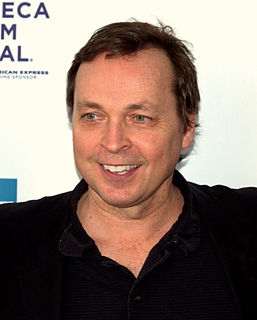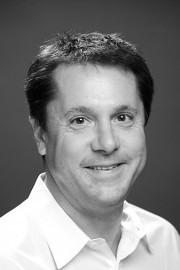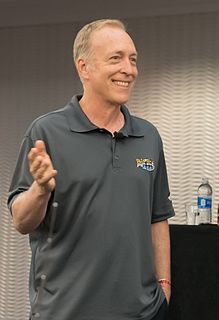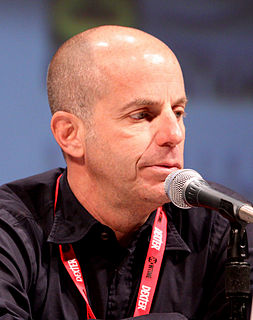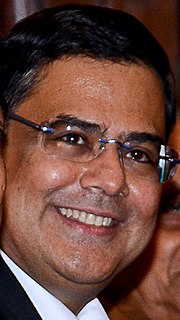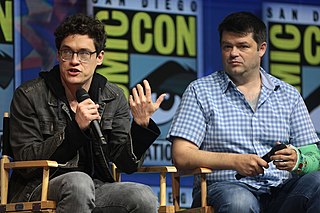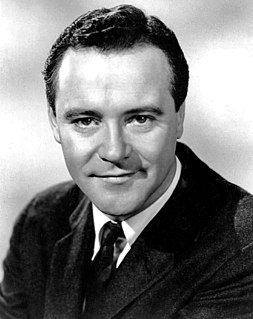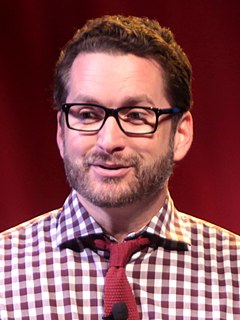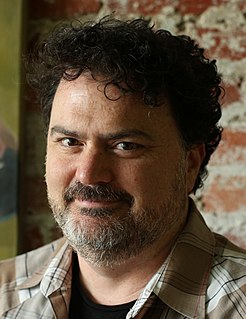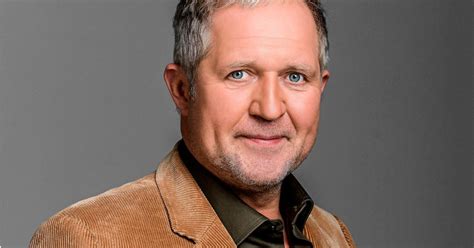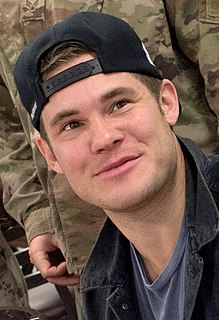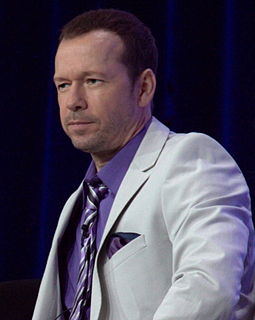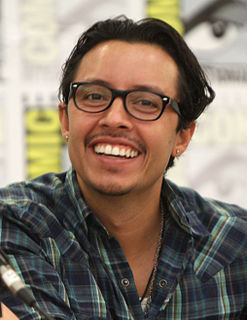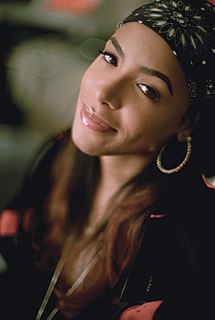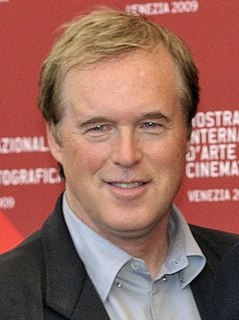Top 170 Sequels Quotes & Sayings - Page 3
Explore popular Sequels quotes.
Last updated on April 16, 2025.
Before sequels became the most reliable way to make a buck, Bond set the standard for lavish serial adventures. Before Hollywood found gold in multimillion-dollar adaptations of comic-book characters - in the Superman, Batman and Spider-Man blockbusters - Bond was the movies' first big-budget franchise superhero.
I think that the reason you keep hearing that it's the golden age of TV is because original storytelling is happening all the time in that medium, and people are hungry for it. And I'm as guilty as anyone for being part of an industry that is capitalizing on existing stories, sequels, these things that we are seeing again and again and again.
The film studios learned to our dismay but to their pleasure that if they spent $200 million making a film they could make half a billion on it. So they were not interested anymore in quality films... They can't afford to be that risky at those prices. Consequently you're getting a lot of remakes, sequels, dopey comedies full of toilet jokes...
I did the original Robotron game back in 1982. To me it's still one of the classic 2D games as far as action and decisions per second, and kills per second, and explosions per second. It's super-frenetic and totally involving. There's been a lot of games since, a lot of Robotron sequels. A lot of them haven't even captured the magic of Robotron, much less moving things forward.
When I first started you would pitch a story because without a good story, you didn't really have a film. Later, once sequels started to take off, you pitched a character because a good character could support multiple stories. and now, you pitch a world because a world can support multiple characters and multiple stories across multiple media.
People talk a lot about Pixar going off the rails. A lot of people are saying they aren't happy that we are making sequels. But for every one of those people, there is one that is happy because they fell in love with the worlds we created. We hope we've proved that a sequel can be every bit as enjoyable as the original.
We were lucky to get Sam Jackson and Jeremy Irons and John McTiernan back. Long movie and hard movie to make and difficult for me because instead of working, my biggest concern was not repeating things I had done it in the previous films. And it rang notes in my head of episodic TV. A sequel is not a new movie; it's a chapter in a movie that you have already seen. Thank god Sam was there and thank god Jeremy was there. Again, it went outside the template of that series of films but it did well and made a ton of dough and the third chapter of a lot of sequels is always the one that falls down.
I never had a story for the sequels, for the last trilogy. That's not really part of the plan at this point, and I'll be at the age where to do another trilogy would take 10 years. I'd always envisioned it as six movies. When you see it in six parts you'll understand that it really ends at part six.
The movies I've done with Wes [Anderson] have a much different quality than some of the more broad comedies. But what is interesting is how many sequels I've done. I've worked with Ben [Stiller] a million times now, and this is yet another sequel we're doing. I guess we're lucky to be in some movies that people wanted to see again.
The Sundering is a world spanning event that creates ripples all across the Realms. The books in the series are connected in that they take place against that backdrop, showing different aspects of it. The stories, however, are not sequels or intertwined, though there are some Easter Eggs across books.
I don't want to speak for everyone, but I think it really picks up where the other film left off. It's true to the format. A lot of times, sequels get overblown for the sake of doing it. Even in the trailer, 'there's eight people in the house', that's just the worst thing you can promote in a sequel. Two people, now there's eight, it's like Jurassic Park with the dinosaurs playing video games.
I don't have to go back to Australia until next year to finish shooting [the "Matrix" sequels]. It actually works out great, because I have the time needed to support the album and tour. ... It's kind of hard juggling both of them, because it's double the workload. But the way I look at is I just let it work itself out, let it flow. If I don't think about it, it won't drive me crazy.
In the '60s and '70s it was a great period for American films because studios were still run by individuals who worked off the seat of their pants and went along with things. At that time, they were very uncertain about what to make because of the influence of television. A lot of really terrific movies were made. But then the studios gradually became more corporate and were owned by corporations and run in that way and now they're very nervous. You see what they make - sequels, franchises and try not to take risks.
All literature, highbrow or low, from the Aeneid onward, is fan fiction....Through parody and pastiche, allusion and homage, retelling and reimagining the stories that were told before us and that we have come of age loving--amateurs--we proceed, seeking out the blank places in the map that our favorite writers, in their greatness and negligence, have left for us, hoping to pass on to our own readers--should we be lucky enough to find any--some of the pleasure that we ourselves have taken in the stuff that we love: to get in on the game. All novels are sequels; influence is bliss.






